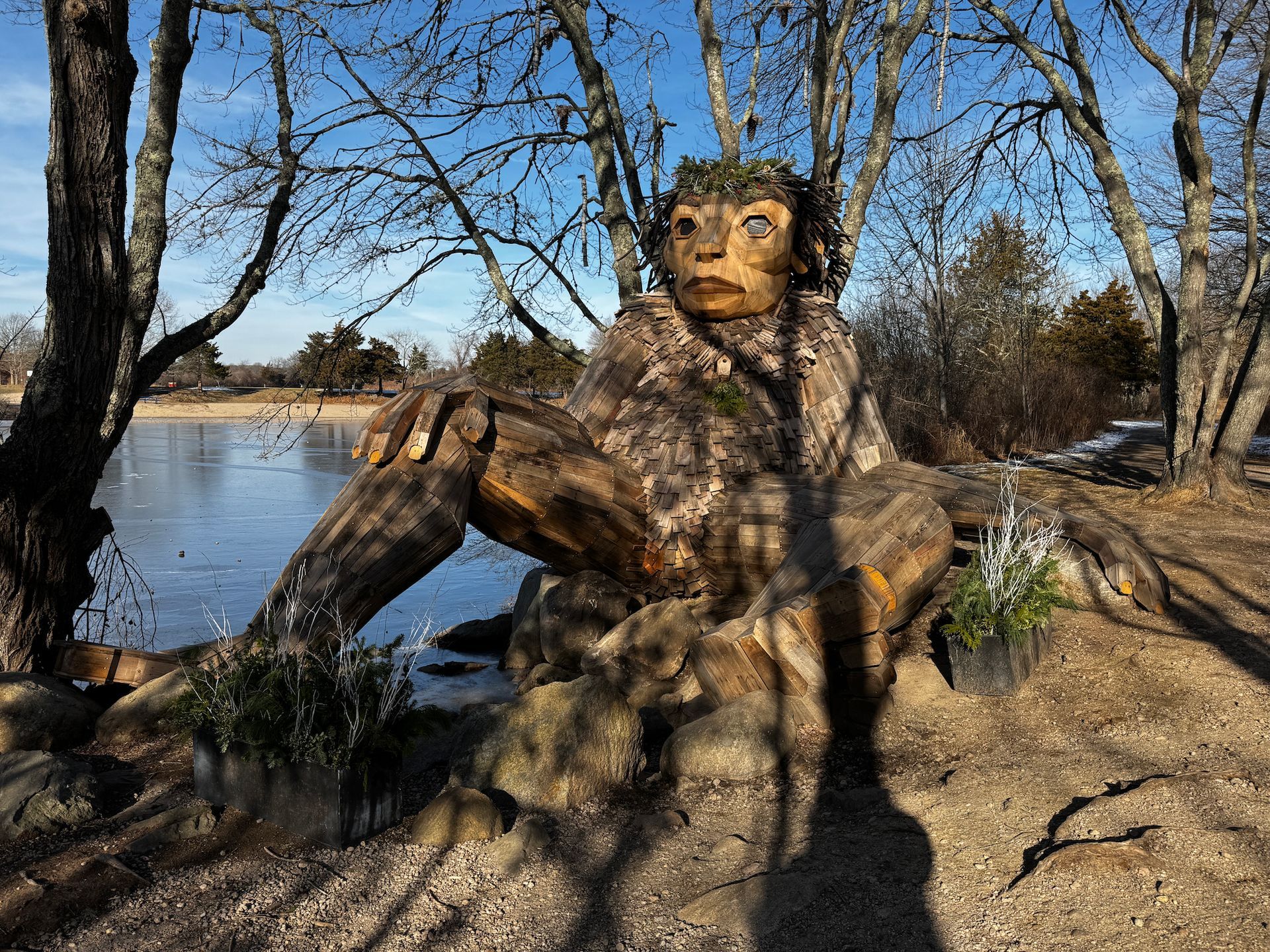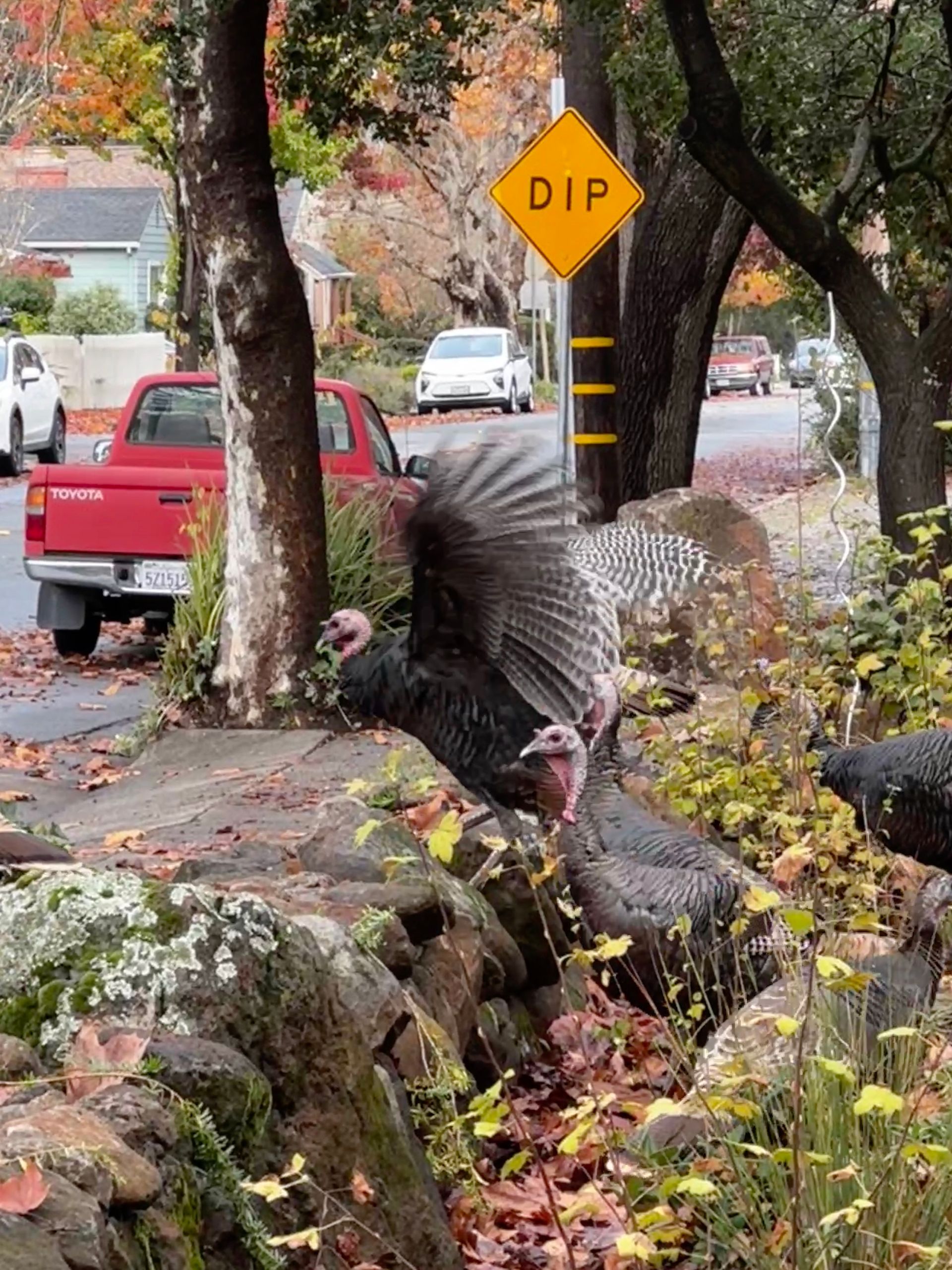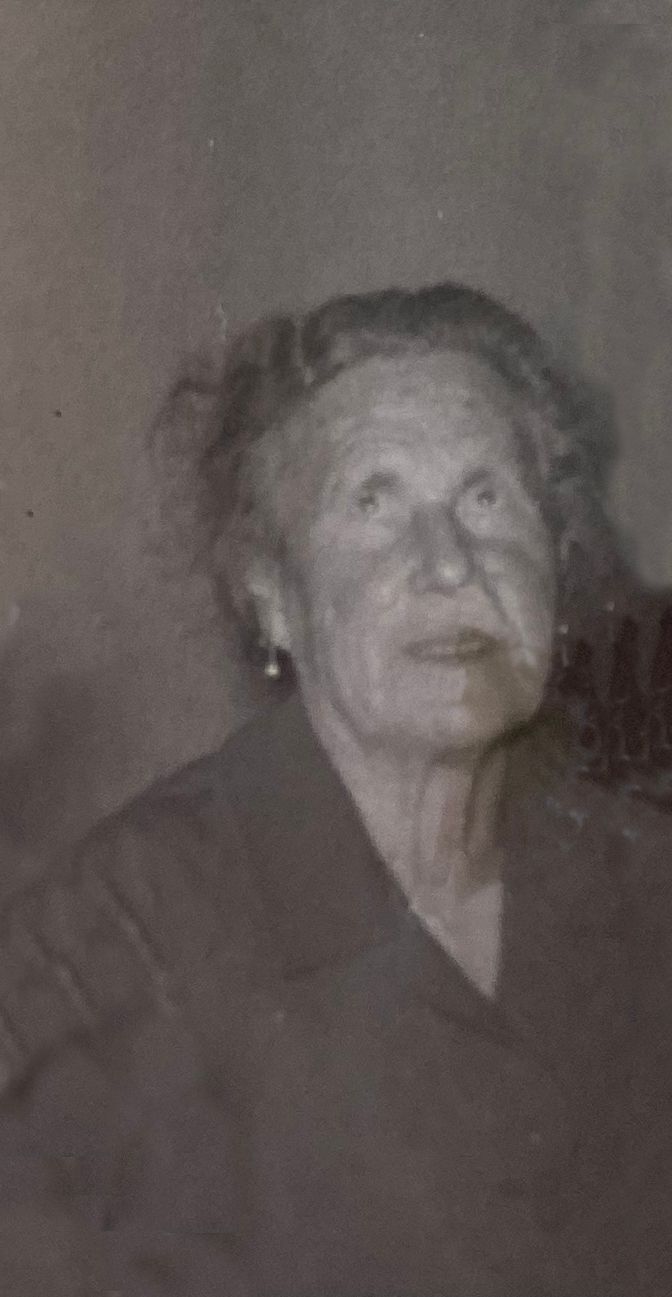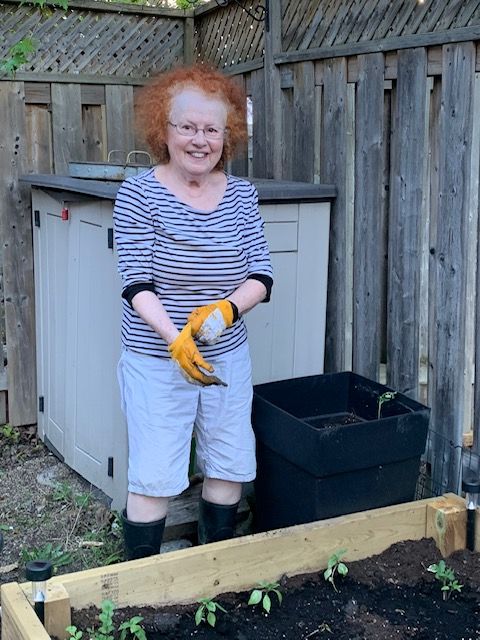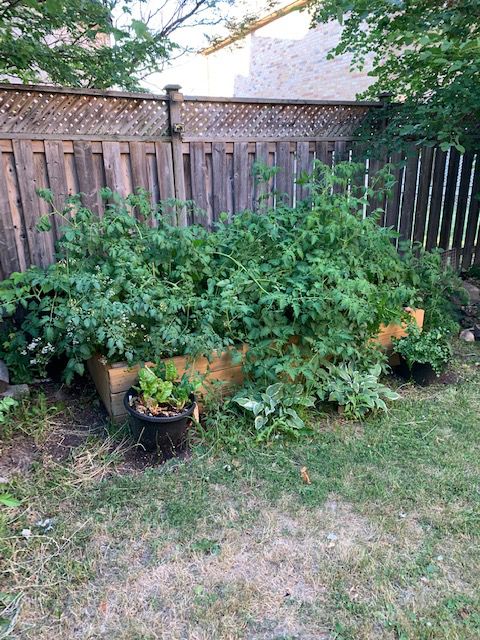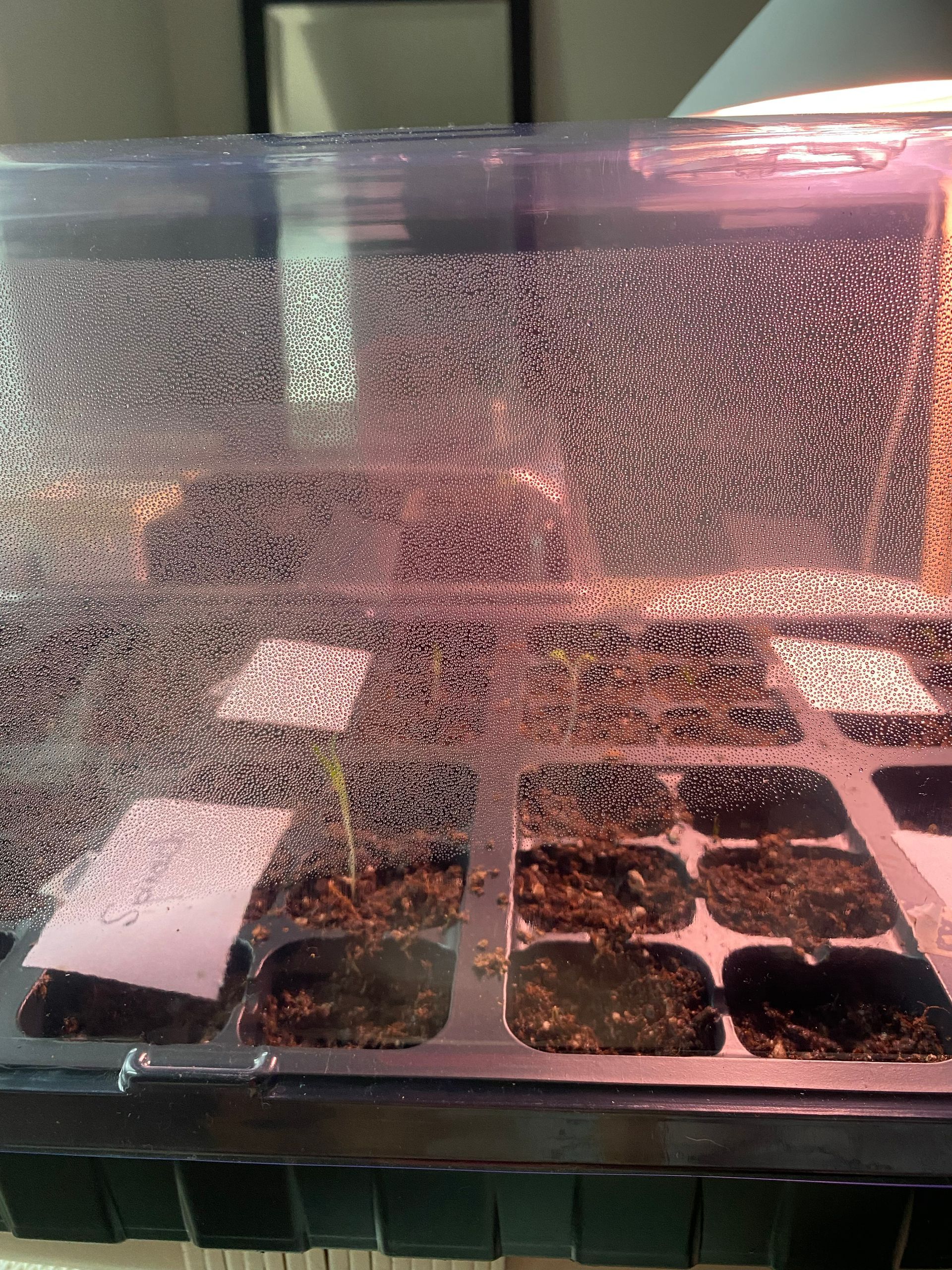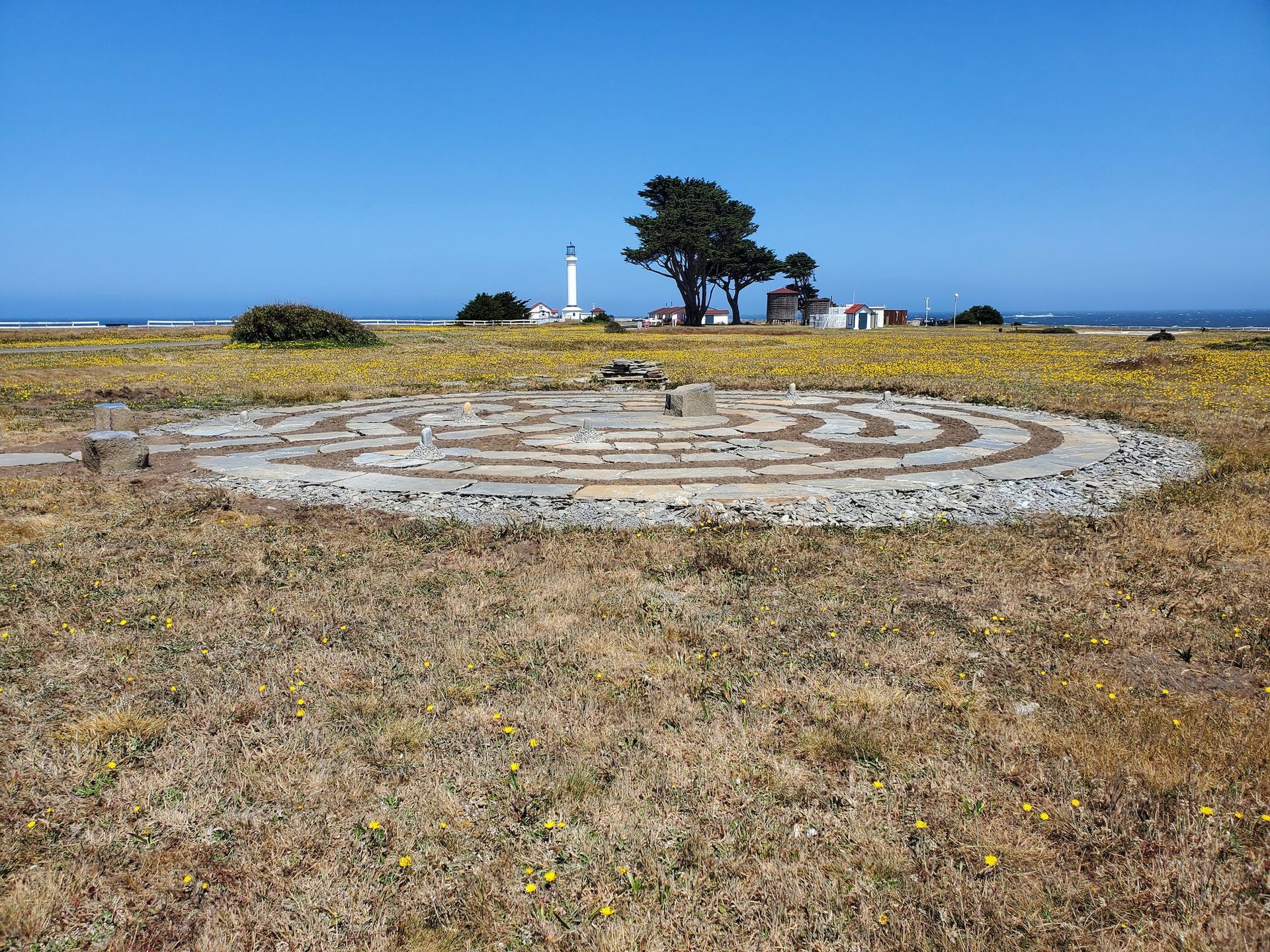
Hinda’s Garden
A Story of Survival
Correction – Connection – Remembrance
By Rachel Owa, written July 2022
Published on January 27, 2023- International Holocaust Remembrance Day
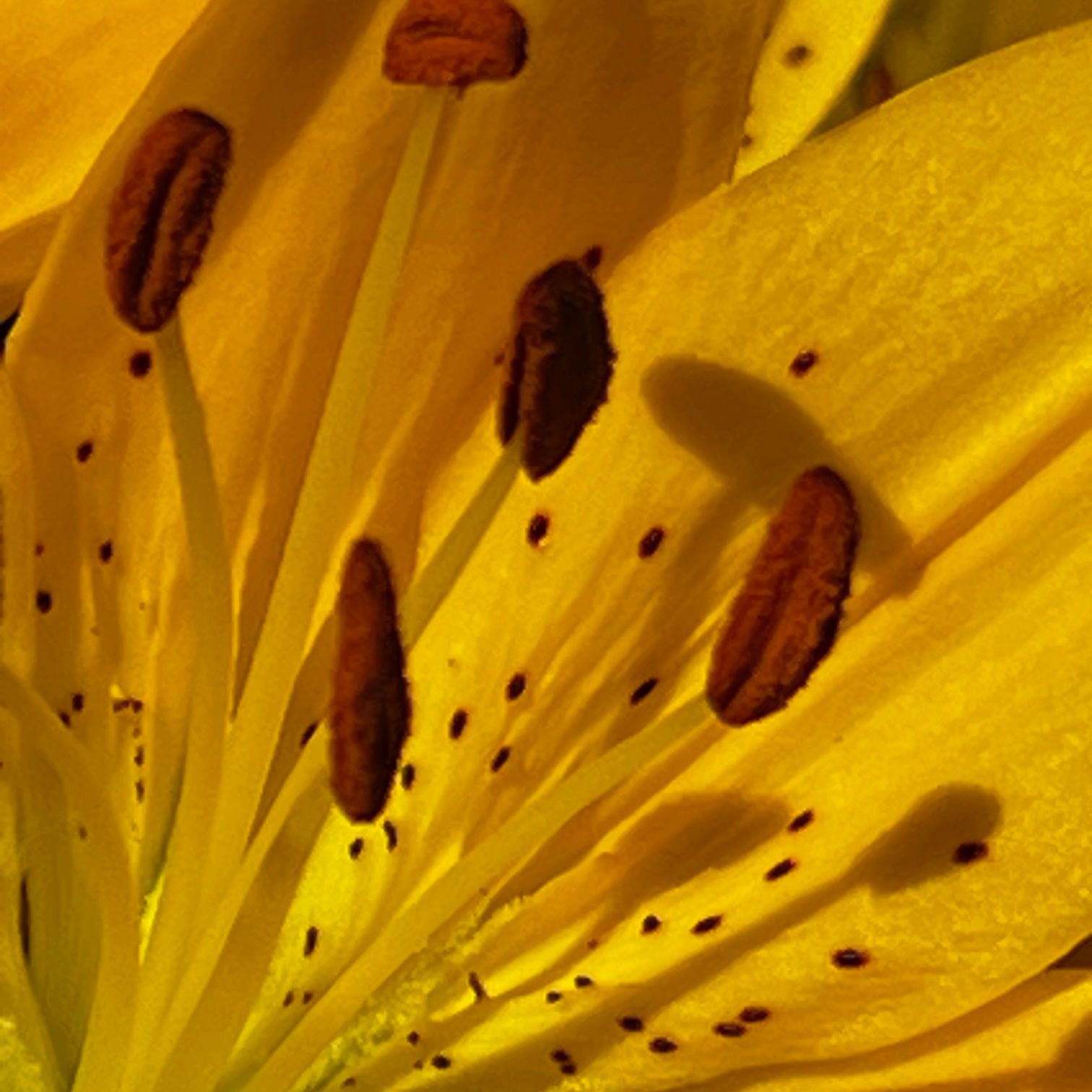
I brushed the yellow pollen of the Tiger Lilies off my ceremonial skirt and looked again at the lifeless grey mound of soil outlining a garden plot that was put to rest twenty years prior. It was my Grandmother Hinda’s garden, which was so carefully tended in Melville, Saskatchewan, Canada.
What was I doing there? I came to ask forgiveness for the whole family. Hinda’s voice kept ringing in my ear. “Just let me go back to my garden,” she pleaded. “I don’t belong in a rest home. I’ll be alright. Just let me go back.”
I never understood the full story of why she ran away, got on a Grey Hound Bus, and was found by the police and brought back to the rest home. Shortly after her leg was removed and she passed.
What was the full story? It wasn’t until 2022 that I received a call from a cousin asking if I was interested in the history of Hinda and Benjamin’s (my grandfather) life in present day Ukraine.
The seventeen-page story arrived through email, dictated some years back by Louie, Hinda and Benjamin’s eldest son. It was for me a full circle moment of discovery.
Louie wrote:
We lived in Horpin, or Horpyn, a small town of 540 people. Horpin is sometimes described as being in Austria, sometimes in Poland.” It was always close to warring parties which involved, Russia, Poland, and Austria. In 1914 when war broke out after the assassination of the Austrian prince, Austria declared war on Russia. My dad, Benjamin, enlisted in the Russian army. We were left alone. Hinda and five young children were now left with no renumeration. We had to live on our own resources.
Before the war broke out, we had a large yard with a house and a deep well. We were able to grow our own vegetables, our own potatoes, carrots, peas, and corn. We had apple and plum trees. We also had a cow and used to have our own milk, cream, butter, and even used to trade a little bit.
As the war progressed, it became more difficult. Things became short. Food and clothing became scarce. Schools were closed. We used to make clothes from paper.
The garden was our life saver all those years.
In 1918 the Austrian Empire collapsed. Everyday hundreds of people starved. My dad came home from the army.
The Russians, the Communists, moved into our part of Austria. They wanted us to be part of the Russian Empire. The Poles also claimed our territory and thus, the Poles and Communists were fighting over that part of the former Austrian Empire.
The Poles recruited men in our area. Many men fled to the forests. My dad’s life was spared, and we were together again after five years. My dad served in the Army from 1914 to 1919.
I remember after the war, an epidemic of Cholera spread to our town. We had about 40 or 50 deaths. I took sick, Dad took sick, my brother and sister also took sick. We had no medicine, no doctor.
The Polish government had to do something to stop the epidemic, so we were taken to hospital for three months. I was in hospital for three months with Dad and contracted Typhus.
I came home in the Spring. I couldn’t walk. I was shaky. Dad was sick too. He wasn’t strong. I remember when I walked out from the house things were just in bloom. The potatoes were just in bloom and the apple trees were flowering. Things looked so green. It was so beautiful that this picture has always remained in my mind and my heart. It was the most beautiful thing in my life. I recognized that this world had beautiful things.
Despite all the hardship, my mother endured. She wasn’t sick a day. She made medicine in the garden and prayed over us. We decided to migrate to Canada. We left our home and everything we had. Everything was sold for very little money as in those days, after the war, people had no money. We came in 1919 to Melville, Saskatchewan, Canada.
Louie’s letter reminded me of the sacrifices and perils of war. The civilian population also suffers yet endures.
Hinda grew Cascara and other medicinal plants. The garden kept her and her family alive. I can only imagine that her garden gave her spiritual nourishment and strength. It is no wonder that she tried to make her way back to it at the age of 80!
When I meditate, I’m standing beside Hinda’s garden holding an offering in my hand, eyes brimming with tears, saying, “forgive us Grandma Hinda, we didn’t understand then. Now we know.
Please roll over the photos for their titles.
